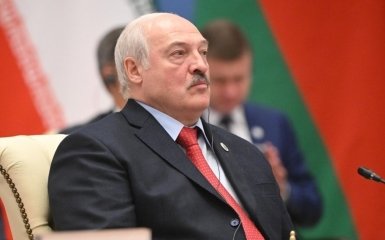On July 4, Belarus officially became the tenth member country of the Shanghai Cooperation Organisation (SCO). The decision was made during the summit in Kazakhstan.
Points of attention
- The accession of Belarus to the SCO was perceived as an important diplomatic path for the leader of the Russian Federation, Vladimir Putin.
- The role of China and Russia in the development of the SCO consists in an effort to show their geopolitical weight and commitment to their worldview.
- Founded in 1996, the SCO already has 10 member countries working to develop cooperation and strengthen stability in the region.
Belarus joined the Shanghai Cooperation Organisation
The corresponding decision was signed during the Council of Heads of State meeting — members of the SCO in Astana, the website of the President of Belarus states.
Thus, Belarus became the tenth member of the SCO. The organization already includes India, Iran, Kazakhstan, China, Kyrgyzstan, Pakistan, Russia, Tajikistan and Uzbekistan.
CNN notes that Belarus' acceptance is another push for Beijing and Moscow to transform the organisation from a regional security bloc into a geopolitical counterweight to Western institutions led by the United States and its allies.
Unlike Iran, you won't get anything resembling economic or security cooperation from joining Belarus. And that is why I believe that this is more of a geopolitical step, says Eva Seiwert, an expert on Chinese foreign policy at the Institute of China Studies in Berlin.
In the third year of a full-scale war in Ukraine, the SCO has become an essential diplomatic avenue for Russian leader Vladimir Putin and a platform for demonstrating that he is not isolated on the international stage. As relations between China and the U.S. have deteriorated sharply, Beijing is now less opposed to the fact that the SCO could be branded as an anti-Western organisation, Seiwert said.
They want the SCO to be seen as a big bloc that can no longer be ignored. With the accession of all these countries, China and Russia [want to show that they] have many supporters of their worldview, the expert added.
What is known about the Shanghai Cooperation Organisation
The foundation of the SCO was laid by the leaders of Russia, China, Kazakhstan, Kyrgyzstan and Tajikistan in 1996. Initially, the organisation was called the "Shanghai Five"; however, it was renamed in 2001 after the accession of Uzbekistan.
In the following years, the following joined the SCO:
India;
Pakistan;
Iran.
The main goals of the organisation are:
strengthening mutual trust between member countries;
development of cooperation to maintain peace, security and stability in the region;
joint fight against terrorism;
development of economic cooperation;
expansion of cultural interaction.




